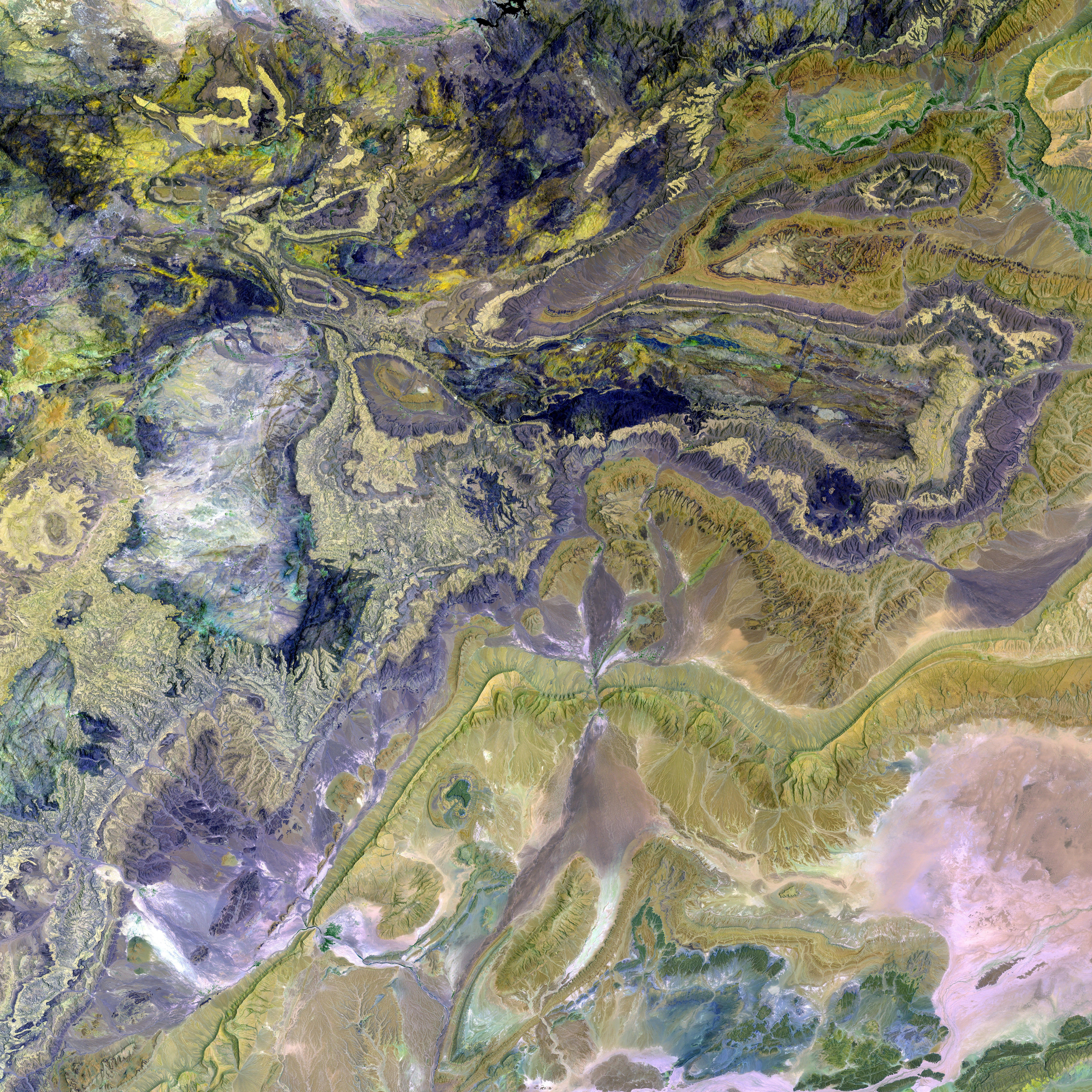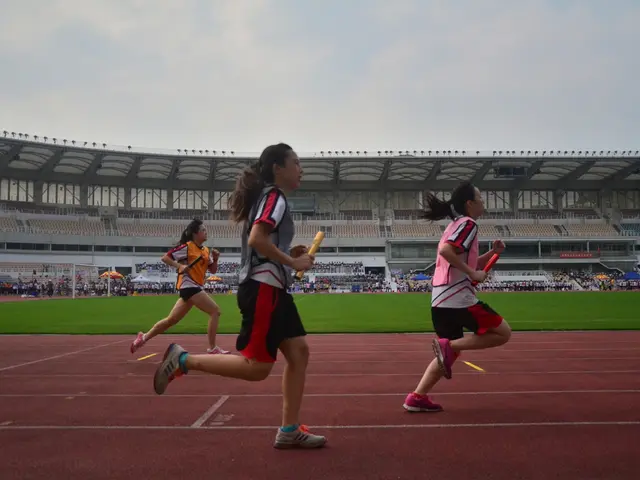Acting as a Hub: Kazakhstan's Critical Function in Fostering Global Collaboration
In a world grappling with geopolitical uncertainty, climate change, and economic instability, the importance of international cooperation has never been more apparent. Middle powers like Kazakhstan are stepping up to fill the void once held by superpowers, and the Astana International Forum 2025 will be a platform where global complexities are discussed and tackled head-on.
This dynamic event, slated for May 29 to 30, 2025 in the Kazakh capital, aims to gather around 5,000 delegates from over 50 countries under the theme "Connecting Minds, Shaping the Future." Foreign policy, energy, and finance will be the focal points, as the forum seeks to drive cross-border dialogue and provoke collaborative solutions to today's pressing problems.
Kazakhstan, situated at the geographical and strategic crossroads of Eurasia, is the perfect bridge between East and West. Bordered by Russia to the north, China to the east, and various Central Asian states to the south and west, Kazakhstan's multi-vector foreign policy is aimed at strengthening economic relations and fostering sustainable growth both domestically and across the region.
The nation's involvement in significant trade corridors, such as the Belt and Road Initiative and the Trans-Caspian International Transport Route, exemplifies its role in fostering trade and diplomatic ties between East and West. In 2024, the volume of goods transported via the Middle Corridor surged by 62%, with estimates placing the annual throughput capacity at 10 million tons by 2027. Approximately 80% of goods from China and Central Asia destined for land-based transportation to Europe are transported via Kazakhstan, making it a key transit hub in Eurasian trade.
Kazakhstan's international reach is further solidified through multinational initiatives such as the Central Asia Plus Framework, which seeks to strengthen regional collaboration. In the words of Roman Vassilenko, Deputy Foreign Minister of Kazakhstan, "Our strategic position allows us to enhance our contribution to promoting global trade, strengthening economic relations, and fostering sustainable growth both domestically and across the region."
Economically, Kazakhstan is committed to diversified partnerships, paving the way for a more resilient future by developing non-oil industries and funding infrastructure development and digital innovation. This forward-thinking approach was credited with a 4.7% economic growth in 2024, primarily driven by expansion in non-oil sectors. The nation has also chaired several major international organizations in 2024, including the Shanghai Cooperation Organisation, the Collective Security Treaty Organization, the Conference on Interaction and Confidence-Building Measures in Asia, the Organization of Turkic States, and the Islamic Organisation for Food Security.
Kazakhstan is a fervent advocate of the Great Gain for All principle, choosing cooperation over competition in its approach to global challenges. Its commitment to the United Nations' mission of global security and stability can be seen through its support of peacekeeping efforts, deploying over 650 peacekeepers to various missions worldwide. Since gaining independence, Kazakhstan has allocated $600 million for humanitarian and development assistance, and has also provided a neutral platform for resolving regional conflicts, such as the Astana Process on Syria since 2017 and talks between Azerbaijan and Armenia last year.
In addition to diplomacy, Kazakhstan plays a crucial role in the stability of global energy markets. The country is responsible for 43% of the world's uranium needed for nuclear power plants and produces more than half of the 34 critical raw materials of high importance to the EU. Kazakhstan is also investing in green hydrogen production, wind, and solar energy, aiming to become a leader in renewable energy exports. By investing in energy infrastructure and pursuing policies that support energy export, Kazakhstan is positioning itself as a long-term partner for the EU in the energy domain.
Through its strategic initiatives and diplomatic engagements, Kazakhstan continues to shape the course for global governance, embodying the need for peace and stability in the multipolar reality of the 21st century.
The article originally appeared in CNN International as part of the Astana International Forum's 2025 brand.
[1] Enriched: Kazakhstan's strategic location in the heart of Eurasia enables it to act as a crossroads between different geopolitical and economic entities.[2] Enriched: Kazakhstan serves as a linchpin for Chinese ambitions to deepen regional integration in Central Asia.[3] Enriched: The Astana International Forum 2025 is a platform that aims to foster cross-border dialogue and collaborative solutions to pressing global issues.[4] Enriched: The Trans-Caspian International Transport Route, also known as the Middle Corridor, connects China to Europe via Kazakhstan, the Caspian Sea, Azerbaijan, and Turkiye, providing a non-Russian alternative for Eurasian trade.[5] Enriched: Under President Tokayev, Kazakhstan has promoted the Trans-Caspian International Transport Route (TITR) as a key element of its economic strategy. Kazakhstan's engagement with China's Belt and Road Initiative (BRI) deepens its alignment with major global infrastructure projects.
- In 2025, Kazakhstan, strategically located at the crossroads of Eurasia, will prioritize connecting minds at the Astana International Forum, a platform designed to foster cross-border dialogue and collaborative solutions to pressing global issues like instability, especially considering the economic and geopolitical challenges faced today.
- As a linchpin for Chinese ambitions to deepen regional integration in Central Asia, Kazakhstan will continue to play a crucial role, particularly through initiatives such as the Trans-Caspian International Transport Route (TITR), which it plans to further emphasize under President Tokayev, enhancing its alignment with major global infrastructure projects like China's Belt and Road Initiative (BRI).
- In line with the Great Gain for All principle, Kazakhstan has been a fervent advocate for global cooperation since its independence, leveraging its position to shape the future by prioritizing connecting with other nations, as evidenced by its commitment to sports, fostering sustainable growth, and strengthening regional collaboration within various multinational initiatives.






